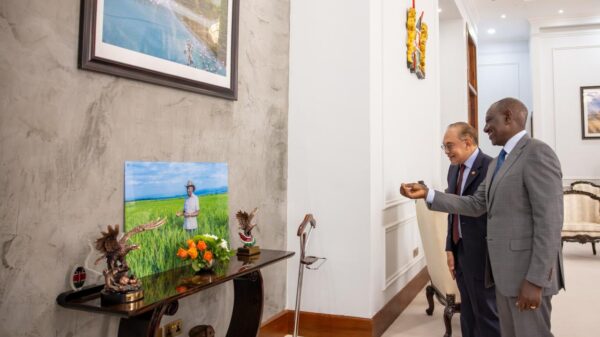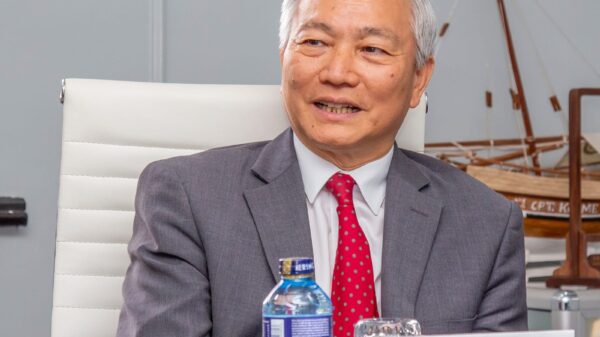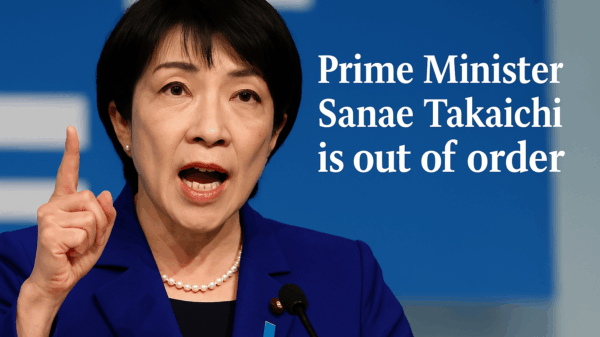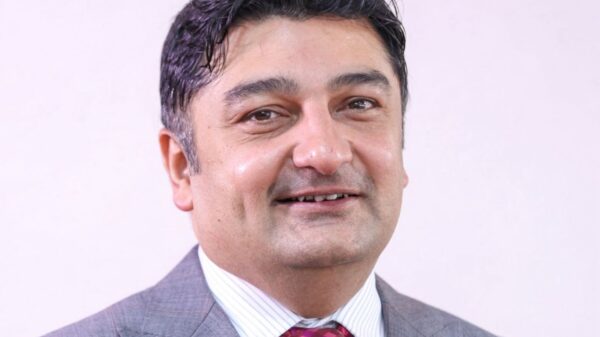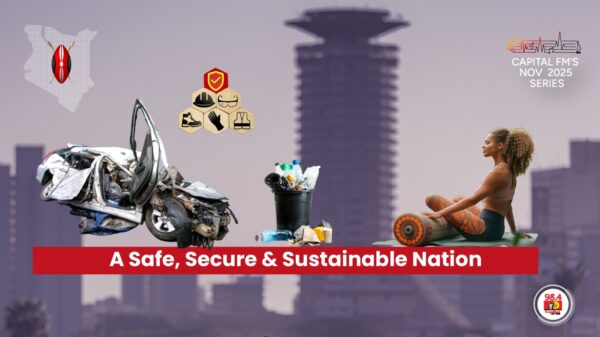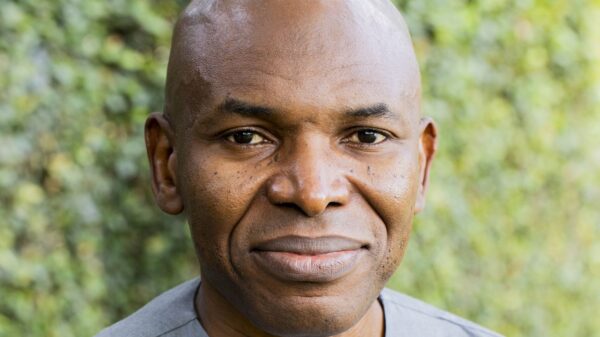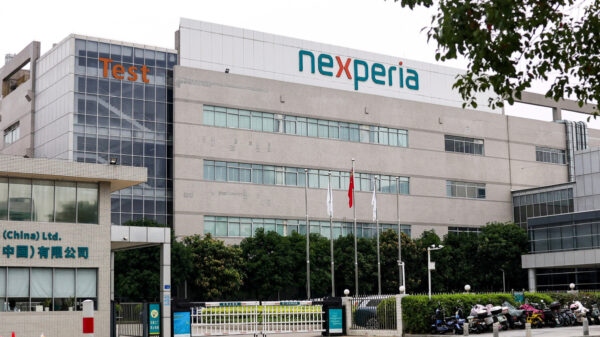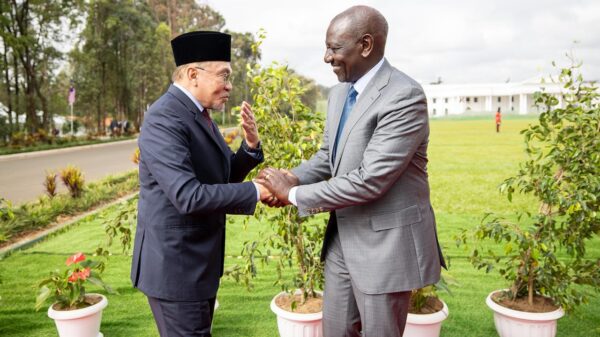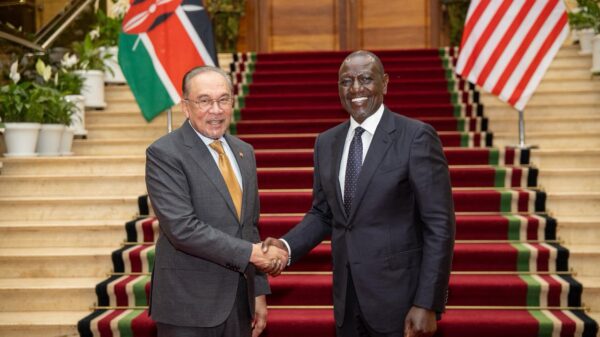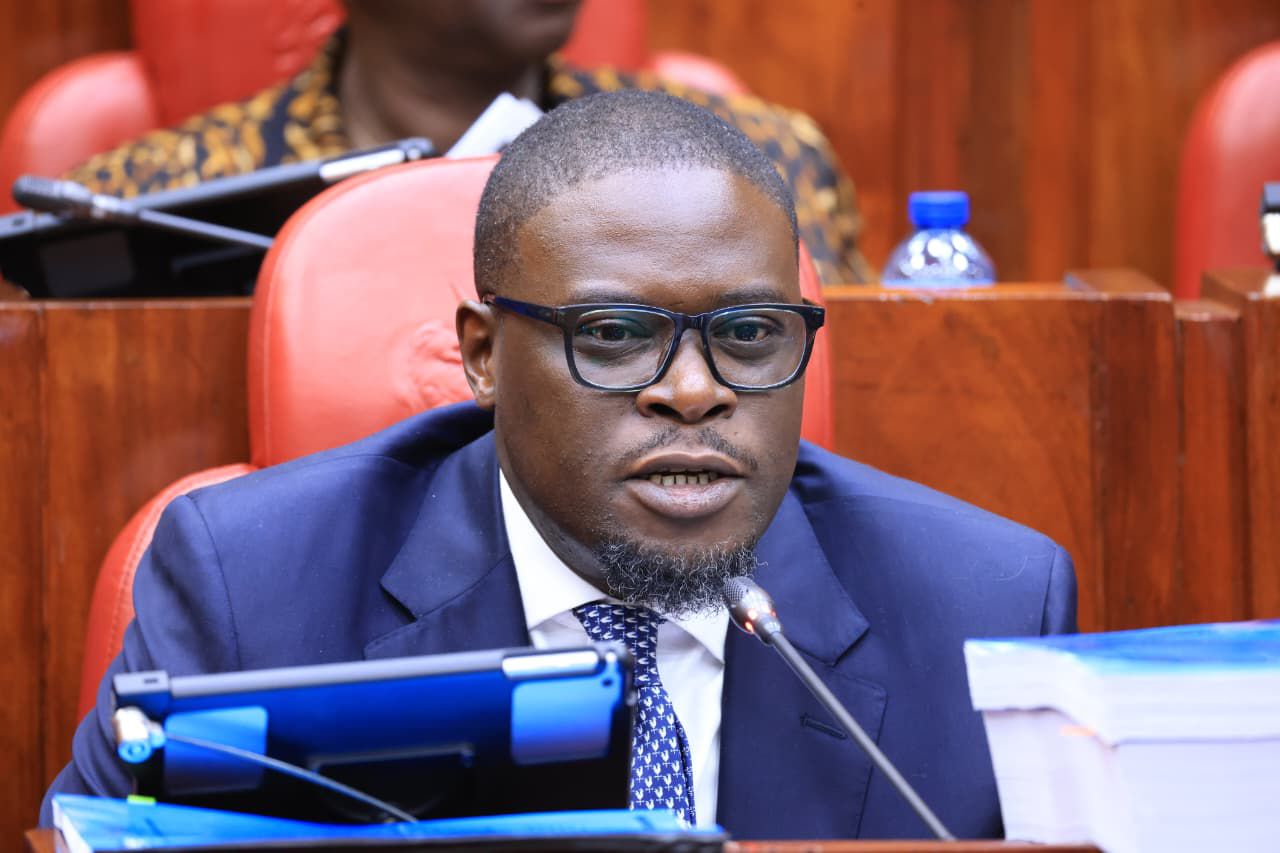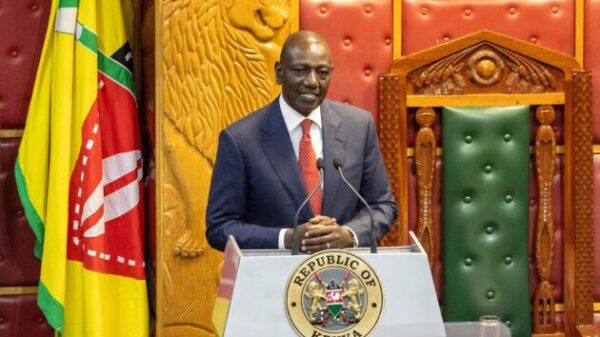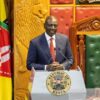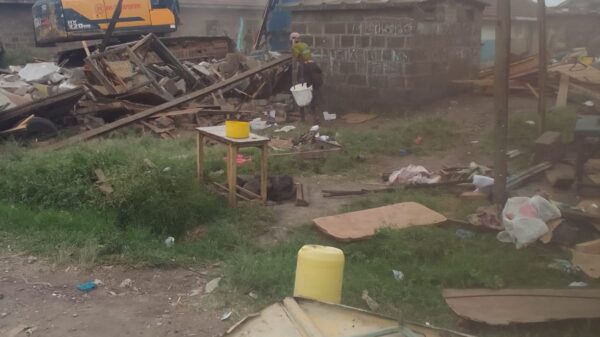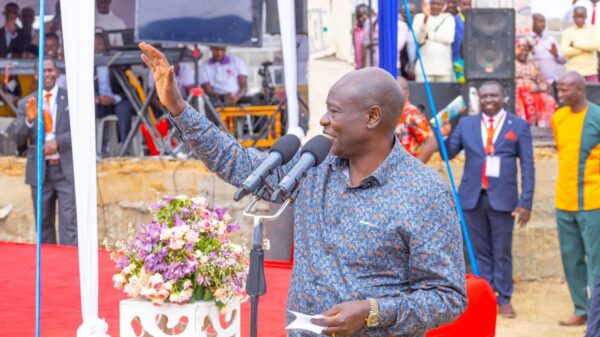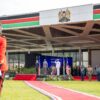NAIROBI, Kenya, Nov 24 — Nairobi Governor Johnson Sakaja has revealed that his administration inherited Sh118 billion in pending bills, including Sh16 billion left behind by the defunct Nairobi Metropolitan Services (NMS), when he assumed office.
Appearing before the Senate Committee on Devolution on Monday, Sakaja said the outstanding amount has since been reduced to Sh86 billion, reflecting a Sh32 billion drop in three years.
The governor was summoned to respond to concerns over budget absorption and stalled development projects in the 2022/2023 financial year.
“Sh118 billion in pending bills is a lot of money — that’s what we found. The amount has reduced to Sh86 billion in three years,” Sakaja told senators.
He attributed the progress to reforms in revenue collection, saying City Hall is now recording its highest own-source revenue since the start of devolution.
“To raise more revenue, we digitised our collection platforms and shifted from multiple business permits to a single permit system, which has boosted revenue and enhanced service delivery,” he said.
Sakaja reiterated that NMS left behind Sh16 billion in pending bills tied to incomplete projects, despite receiving Sh27 billion for development during its tenure.
Revenue Milestone
The governor reported that Nairobi collected Sh13.8 billion in own-source revenue this financial year — up from Sh10.8 billion three years ago — terming it the county’s highest-ever performance.
“We have raised the bar and hope to achieve even more this financial year,” he said.
Sakaja also highlighted ongoing construction of markets, stadiums and other projects. Through the Ward Development Fund, he said more than 140 projects — including roads, ECDE centres, social halls and sports facilities — have been completed across 85 wards.
Current major works include upgrades of Woodley, Kihumbuini and City Stadiums.
Street Lighting & Electricity Levies
On security lighting, Sakaja said progress would be faster if Nairobi accessed a fair share of electricity-related levies. He noted residents pay Sh8 billion annually in power bills, including the Rural Electrification Levy, despite Nairobi not being a rural area.
“We have begun conversations to ensure part of this money can be used to light our streets for security. We are confident of finding a solution,” he said.
Road Funding Imbalance
Sakaja confirmed Nairobi is undertaking Sh2.1 billion worth of road upgrades in collaboration with the national government, saying improvements are already visible.
However, he criticised what he described as an imbalanced national funding model for roads.
“Counties manage about 70% of Kenya’s road network but receive only Sh3 billion out of Sh119 billion allocated nationally. If counties manage 70% of the roads, they should get 70% of the funds,” he said.

